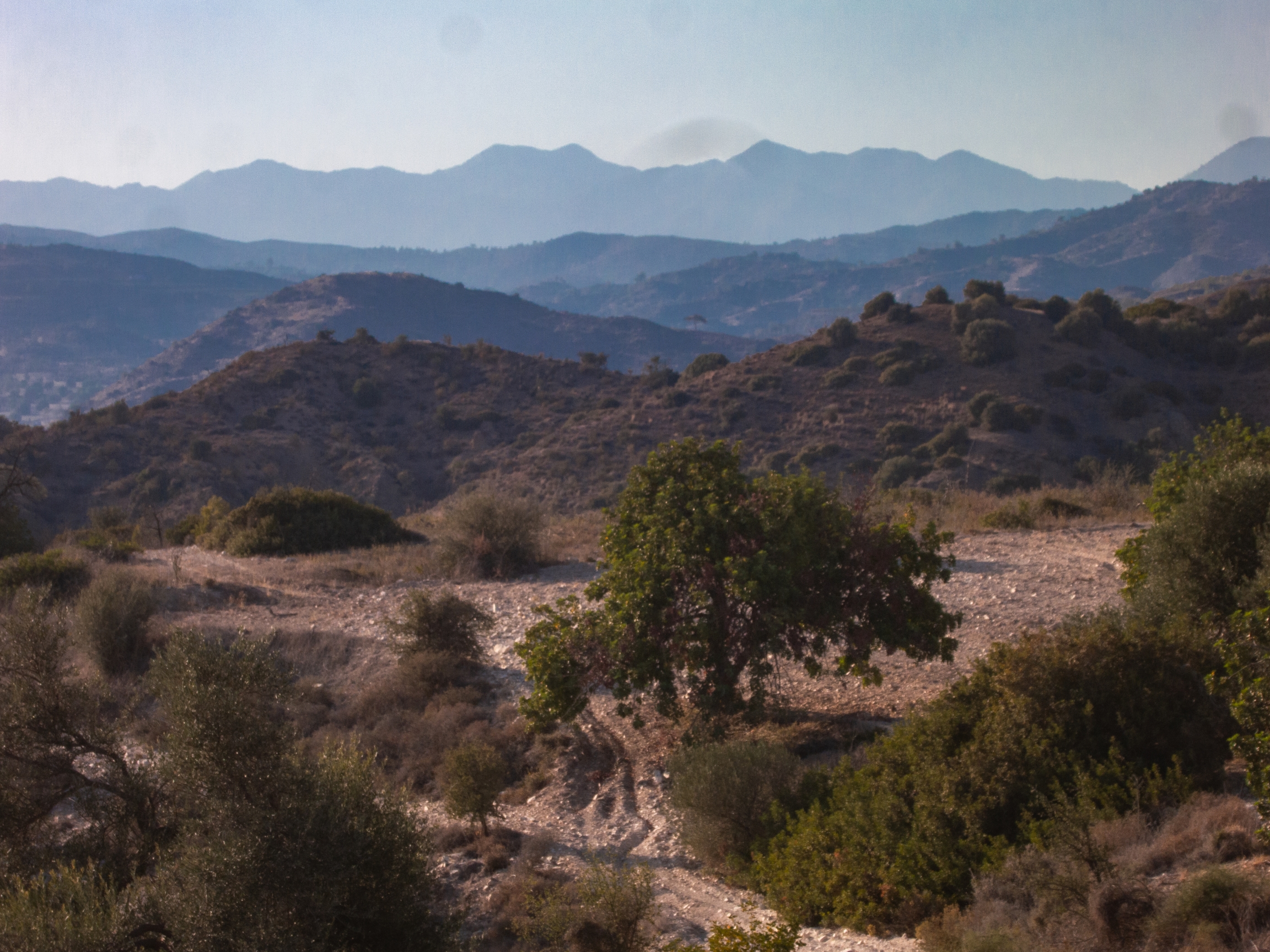使用Player FM应用程序离线!
Out of Eden Walk: Cyprus
Fetch error
Hmmm there seems to be a problem fetching this series right now.
Last successful fetch was on April 08, 2024 22:03 (
What now? This series will be checked again in the next day. If you believe it should be working, please verify the publisher's feed link below is valid and includes actual episode links. You can contact support to request the feed be immediately fetched.
Manage episode 410831871 series 1340006
Aid groups have stopped using a new sea route to get aid to Gaza after an Israeli strike on the World Central Kitchen convoy that killed seven workers on Monday, April 1. Ships had been leaving from the Mediterranean island of Cyprus.
Cyprus is a popular vacation destination, and for thousands of years, it has been a center of commerce and migration.
National Geographic Explorer Paul Salopek walked the length of the island in 2014. He was and still is on a 24,000-mile walk, retracing the first human migration out of Africa.
Salopek caught up with The World’s Carolyn Beeler to discuss the juxtapositions of Cyprus' past and present.

Two faiths: earthly vs. cosmic rewards, Famagusta, northern Cyprus. Join the journey at outofedenwalk.org.
Paul Salopek/National Geographic

Into the layered foothills of the Troodos Mountains, Cyprus. Join the journey at outofedenwalk.org.
Paul Salopek/National Geographic

Empty rooms with a view. The hulks of old war-emptied hotels overlook Varosha’s fabled beach, northern Cyrpus. Join the journey at outofedenwalk.org.
Paul Salopek/National Geographic

Waiting. Sinan Pasha mosque, the converted 14th-century church of Saints Peter and Paul. Join the journey at outofedenwalk.org.
Paul Salopek/National Geographic
Parts of this interview have been lightly edited for length and clarity.
Writer and National Geographic Explorer Paul Salopek has embarked on a 24,000-mile storytelling trek across the world called the “Out of Eden Walk.” The National Geographic Society, committed to illuminating and protecting the wonder of our world, has funded Salopek and the project since 2013. Explore the project here. Follow the journey on X at @PaulSalopek, @outofedenwalk and also at @InsideNatGeo.
700集单集
Fetch error
Hmmm there seems to be a problem fetching this series right now.
Last successful fetch was on April 08, 2024 22:03 (
What now? This series will be checked again in the next day. If you believe it should be working, please verify the publisher's feed link below is valid and includes actual episode links. You can contact support to request the feed be immediately fetched.
Manage episode 410831871 series 1340006
Aid groups have stopped using a new sea route to get aid to Gaza after an Israeli strike on the World Central Kitchen convoy that killed seven workers on Monday, April 1. Ships had been leaving from the Mediterranean island of Cyprus.
Cyprus is a popular vacation destination, and for thousands of years, it has been a center of commerce and migration.
National Geographic Explorer Paul Salopek walked the length of the island in 2014. He was and still is on a 24,000-mile walk, retracing the first human migration out of Africa.
Salopek caught up with The World’s Carolyn Beeler to discuss the juxtapositions of Cyprus' past and present.

Two faiths: earthly vs. cosmic rewards, Famagusta, northern Cyprus. Join the journey at outofedenwalk.org.
Paul Salopek/National Geographic

Into the layered foothills of the Troodos Mountains, Cyprus. Join the journey at outofedenwalk.org.
Paul Salopek/National Geographic

Empty rooms with a view. The hulks of old war-emptied hotels overlook Varosha’s fabled beach, northern Cyrpus. Join the journey at outofedenwalk.org.
Paul Salopek/National Geographic

Waiting. Sinan Pasha mosque, the converted 14th-century church of Saints Peter and Paul. Join the journey at outofedenwalk.org.
Paul Salopek/National Geographic
Parts of this interview have been lightly edited for length and clarity.
Writer and National Geographic Explorer Paul Salopek has embarked on a 24,000-mile storytelling trek across the world called the “Out of Eden Walk.” The National Geographic Society, committed to illuminating and protecting the wonder of our world, has funded Salopek and the project since 2013. Explore the project here. Follow the journey on X at @PaulSalopek, @outofedenwalk and also at @InsideNatGeo.
700集单集
All episodes
×欢迎使用Player FM
Player FM正在网上搜索高质量的播客,以便您现在享受。它是最好的播客应用程序,适用于安卓、iPhone和网络。注册以跨设备同步订阅。




